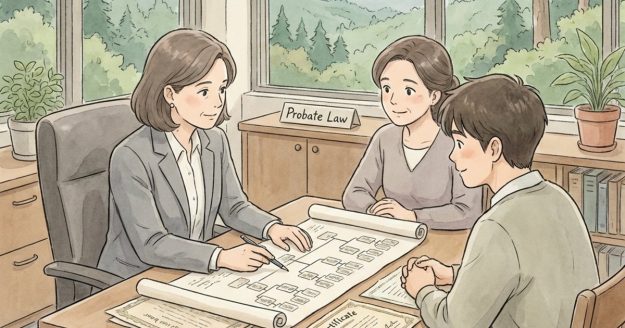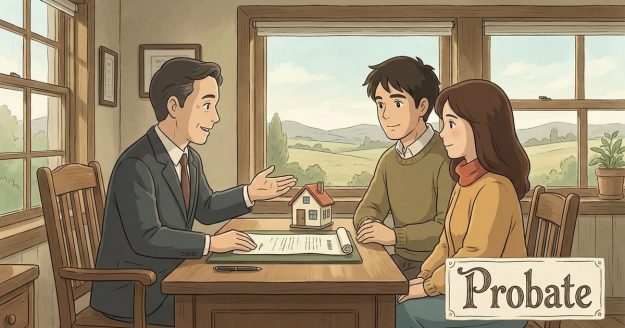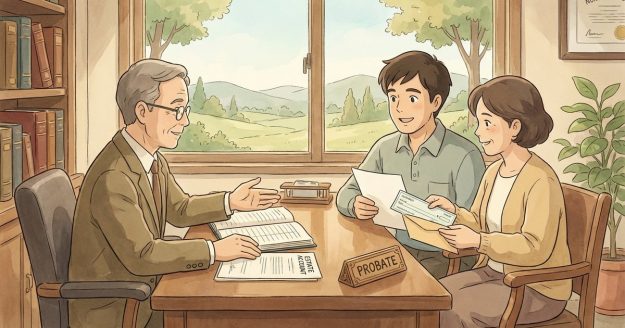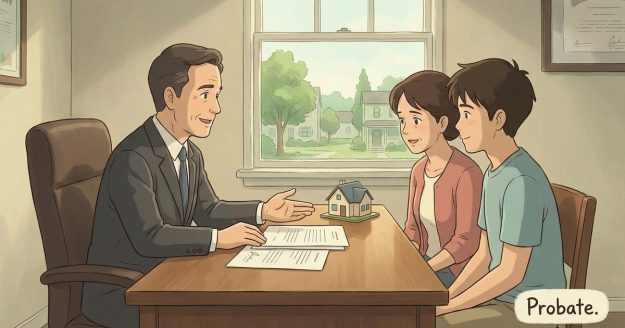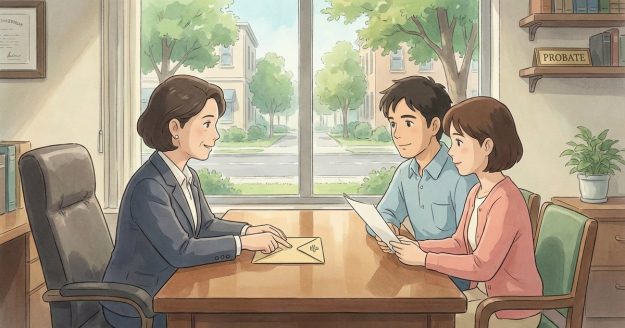How do I find out who the legal heirs are if relatives I’ve never met are coming forward? nc
How do I find out who the legal heirs are if relatives I’ve never met are coming forward? – North Carolina Short Answer In North Carolina, “legal heirs” are determined by (1) a valid will, or (2) the intestate succession rules if there is no will. When unfamiliar relatives come forward, the most reliable way…

